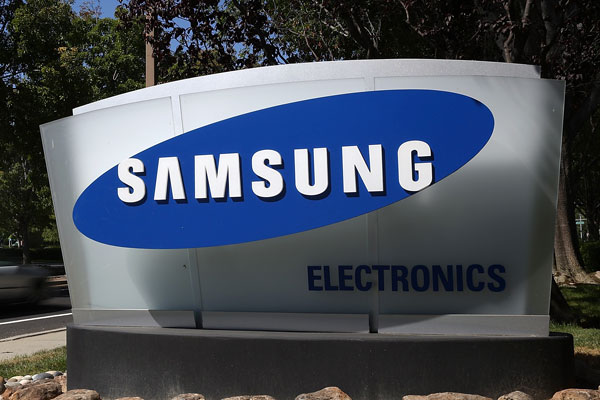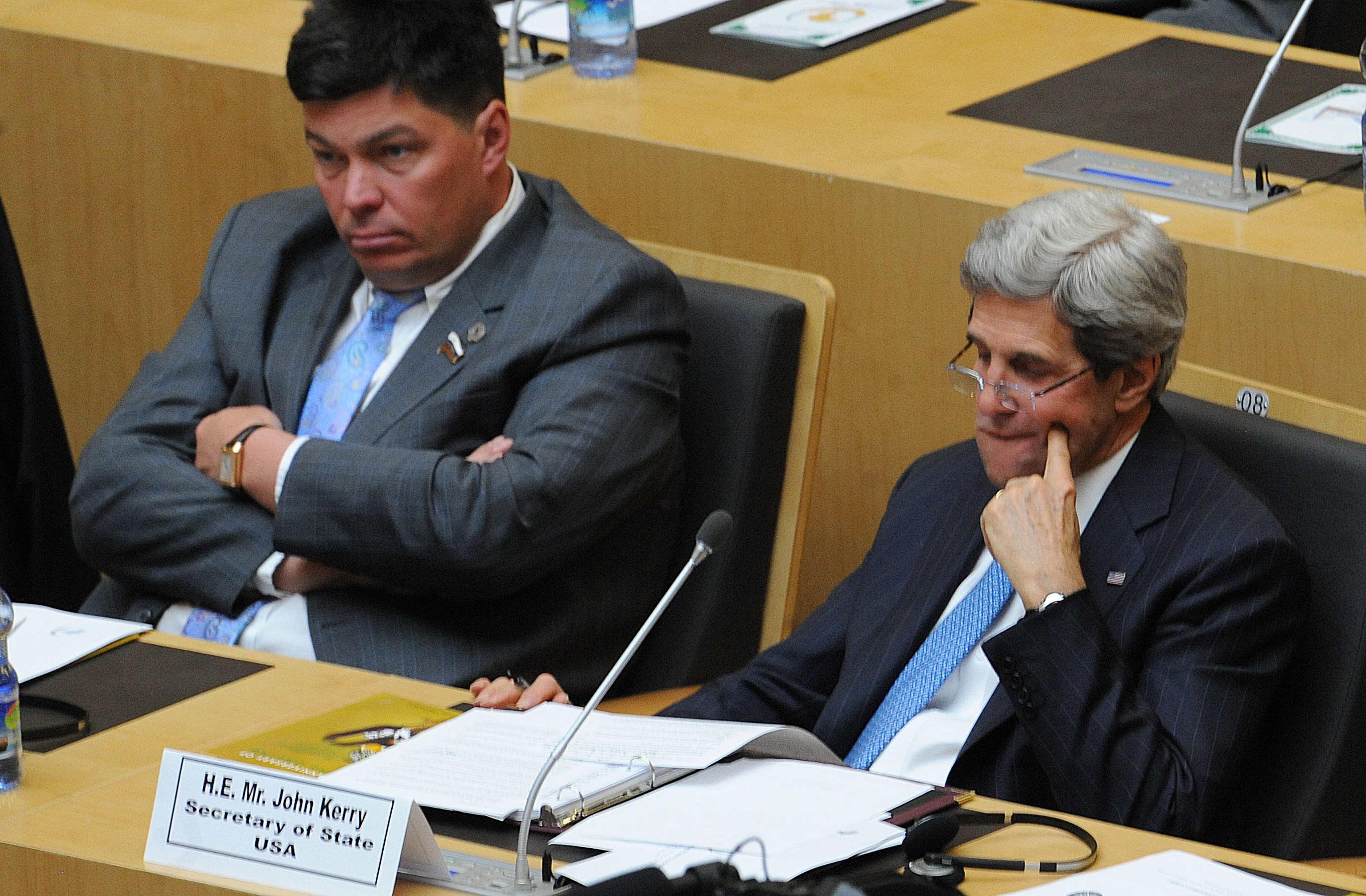CAIRO: In a country where football is the sport of choice, public opinion was not in favor of Finance Minister Youssef Boutros Ghali’s decision to finance the purchasing of broadcasting rights of 22 of the World Cup matches.
Ghali announced Monday that he agreed with Minister of Information Anas El-Fiqi and the Egyptian Radio and Television Union (ERTU) to finance the purchasing the rights for 22 matches to be broadcast on terrestrial television.
The broadcasting rights are set to cost $22 million (LE 120 million), and will be paid in installments.
Most people agreed interviewed by Daily News Egypt that the government should prioritize its spending, and pour the money into more important outlets.
“A lot of people dream of watching the world cup for free, but then again, there are others who do not even care about the games,” Abdel Razek Shebl, 54, a doorman said, “It is not fair to reduce the financing of public services for those who are not interested in football.”
Shebl added that there are other places people can watch the World Cup, such as local cafes.
“As much as I love football, I believe the government should prioritize financing social services such as hospitals, public schools, and so on,” Tamer Al Zayed, 22, construction worker, said.
Mona Mahmoud, 16, public school student, agrees with Al Zayed. “I think they should focus on priorities and other important issues, for example, efficient laws, women’s rights and labor rights.”
Despite their love for the game, others still believe it was the wrong decision.
“I love football, and it has always played an essential role in my life, but with all of my health issues, such as diabetes, I realized I have other priorities. I think the government should have these same priorities as well,” 65-year-old retired Ashraf Hamam, said.
“Frankly, I believe it is a ridiculous decision,” Mai Ahmed, 61, said, “While 40 percent of the country is starving, unemployed, living on the streets, and eating off of garbage cans, the government is spending on such futile things such as football.”
On the other hand, some people hailed the minister’s decision, welcoming the idea of watching the matches for free.
While Rabab Abou Doma, a 53-year-old housewife, acknowledged the problems in the country, she said broadcasting the matches would help alleviate some of those issues.
“Football, especially the World Cup, is an important aspect of [many people’s] lives. Amidst all these daily issues, poverty and unemployment, I believe the government is making the right choices in order to raise the morale of Egyptians,” she explained.
On the other hand, 32-year-old Safaa Mohamed Ahmed, believes that broadcasting the matches is a better option.
“I think having access to the world cup matches for free is a better option than spending huge amounts on traveling to watch it.”
“I love football, I play it everyday and I cannot live without it. If I can watch the champions of football such as Ronaldinho play, then this decision by the government seems like a dream come true. I dream for the day that I can afford to watch a world cup game, in the meantime, however, I can watch the game live on national TV for free,” Youssef Abdallah, 14, said.



